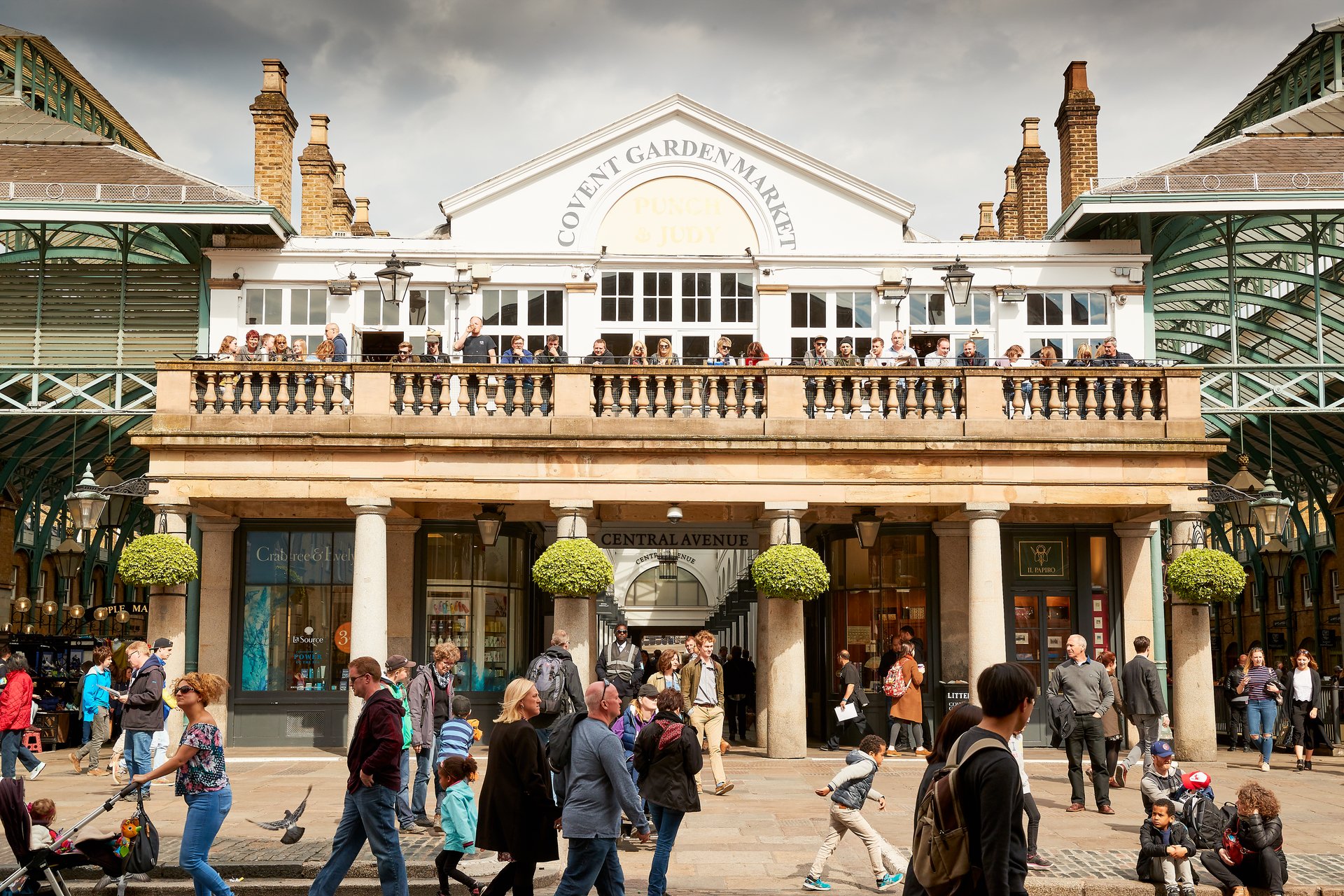Should I go to university in London?
London is often viewed through rose-tinted glasses, widely regarded as one of the greatest cities in the world for science, culture, leisure, history and more. Many people hear “London” and feel that the grass is greener there, whereas for others it may conjure up the image of being packed onto a tube in the midday heat, a baby crying behind you as a man late for work hovers his malodorous sweat-patches a little too close to your face…
Neither of these extreme views are entirely accurate (although claustrophobic commutes sometimes are unavoidable). The truth lies somewhere in the middle; there are lots of positives to living in such an amazing city, but there are also some negatives that you should consider before deciding whether to venture to England’s capital.
Positive #1: Great academic reputation and job prospects
London is home to many of the UK’s top ranked universities (outside of Oxford and Cambridge). Imperial College, UCL and King’s College for example are all excellent institutions with great job prospects, research and network opportunities alongside strong international reputations.
Studying in London is also an advantage when you consider that most big industries in Science, Finance and more are based in-or-around the capital city. This is helpful in terms of connections with your university and also logistics.
Negative #1: Expensive
Living in London is going to be more expensive than anywhere else in the UK. It is consistently ranked as one of the world’s most expensive cities to live in, however you do get a slightly higher maintenance loan if studying in London. Some universities also offer generous bursary schemes, for example the Imperial Bursary at Imperial College that everyone qualifies for if they fall into certain household income brackets.
The student halls I lived in back in 2017 now cost £133.00 per week, which is very reasonable for London. Some are as expensive as £316.00 per week (eye-watering for a single room!) but it’s important to be aware of this increased cost of living regardless of which halls you apply for.
We’ll be writing a piece in a few weeks giving some tips on how to save money as a student, so keep an eye out for that, as living in London on a budget is doable!
Positive #2: There’s so much to do, and so many opportunities!
Academic reputation had to come first on the list, as that’s what people generally care about the most. However, my biggest positive of being in London is the plethora of activities and opportunities at my doorstep. I’ve tried so many things, including sporting activities, evening events, day trips, theatre shows and more since being here that would have been difficult to replicate elsewhere. There are also so many free things to do, and I’ve found work opportunities that I would otherwise not have been able to find thanks to living in such a great city.
Negative #2: It can be very busy, and commuting is long
This bothers some people more than others. I’m naturally quite extroverted and like people, and I like bustling environments, but cramped tube journeys and jostling through a labyrinthine mass of tourists at Piccadilly Circus is never fun. You should be prepared for this and know that at times you’ll have to suck it up and get on that cramped tube in the middle of summer.
Commutes can also be longer in London than anywhere else. For example, back home I can drive from the West Coast of England to the East Coast of England in the time it now takes me to get from my house in West London to the furthest Imperial Hospital… it’s ridiculous when you put it like that, but it does become normal the longer you live here.
Positive #3: Not all of London is Piccadilly Circus
Yes, London is objectively a busy place, but there are lots of quieter areas to enjoy too. Not many students will be living in Mayfair or Piccadilly Circus; you’re more likely to be living somewhere North of Camden (UCL), around Hammersmith (Imperial) or East of Whitechapel (Queen Mary’s). These areas are listed as stereotypes of where a lot of students live, but they’re all much more residential places than the London you see as a tourist. One of my favourite things about West London is running along the Thames Path, which at times feels like you’re not in London at all. It’s a diverse city with lots of different ‘ecosystems’ for lack of a better word. It’s not all Leicester Square!
Negative #3: The benefits of campus life are hard to come by
Okay, for me this is less of a negative as I didn’t like the thought of studying at a campus university. However, I’ll admit that living in subsidised accommodation that’s a 10-minute walk from a large supermarket and a 20-minute walk from all of my lectures and the student union bar would have been very handy in my pre-clinical years.
Some campuses devour the city, making it almost a host for the university. London, however, devours the university the second you leave the campus, so there is no campus-community feel once you leave the site itself. This doesn’t have to be a negative, but it’s important to consider.
To conclude, I love London. It’s an amazing city and I couldn’t imagine studying anywhere else. I’ve had some great opportunities, met some great people and plan on sticking around for a bit longer too as I’ve only seen the tip of the iceberg. However, it isn’t for everyone and all of the above are important considerations before making the leap to the Big Smoke.
Rhodes Willoughby is Co-Founder and Director of STEMaccess, at the time of writing in his fifth year of his MBBS/BSc degree at Imperial College School of Medicine.

